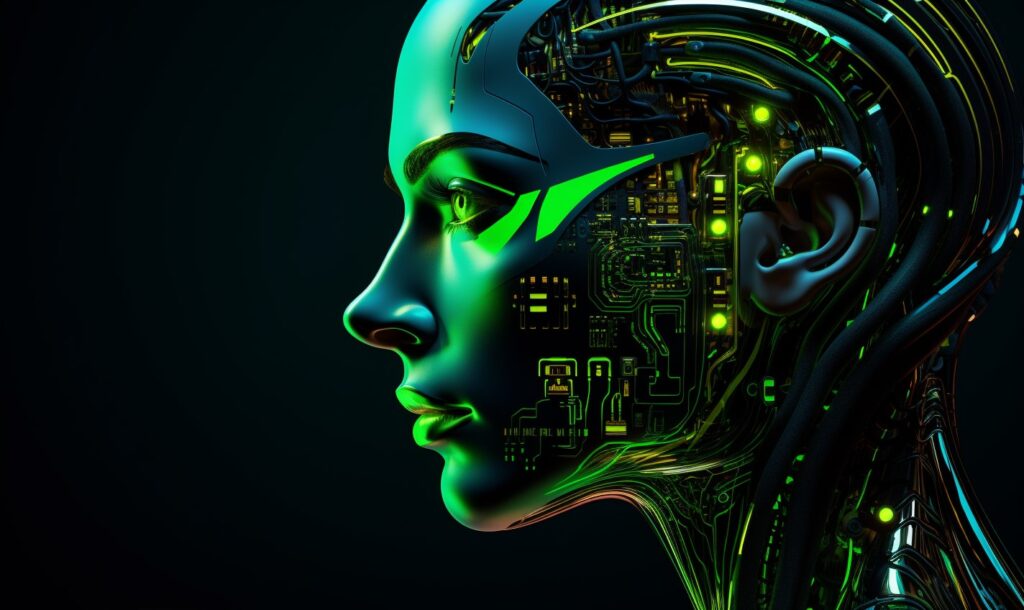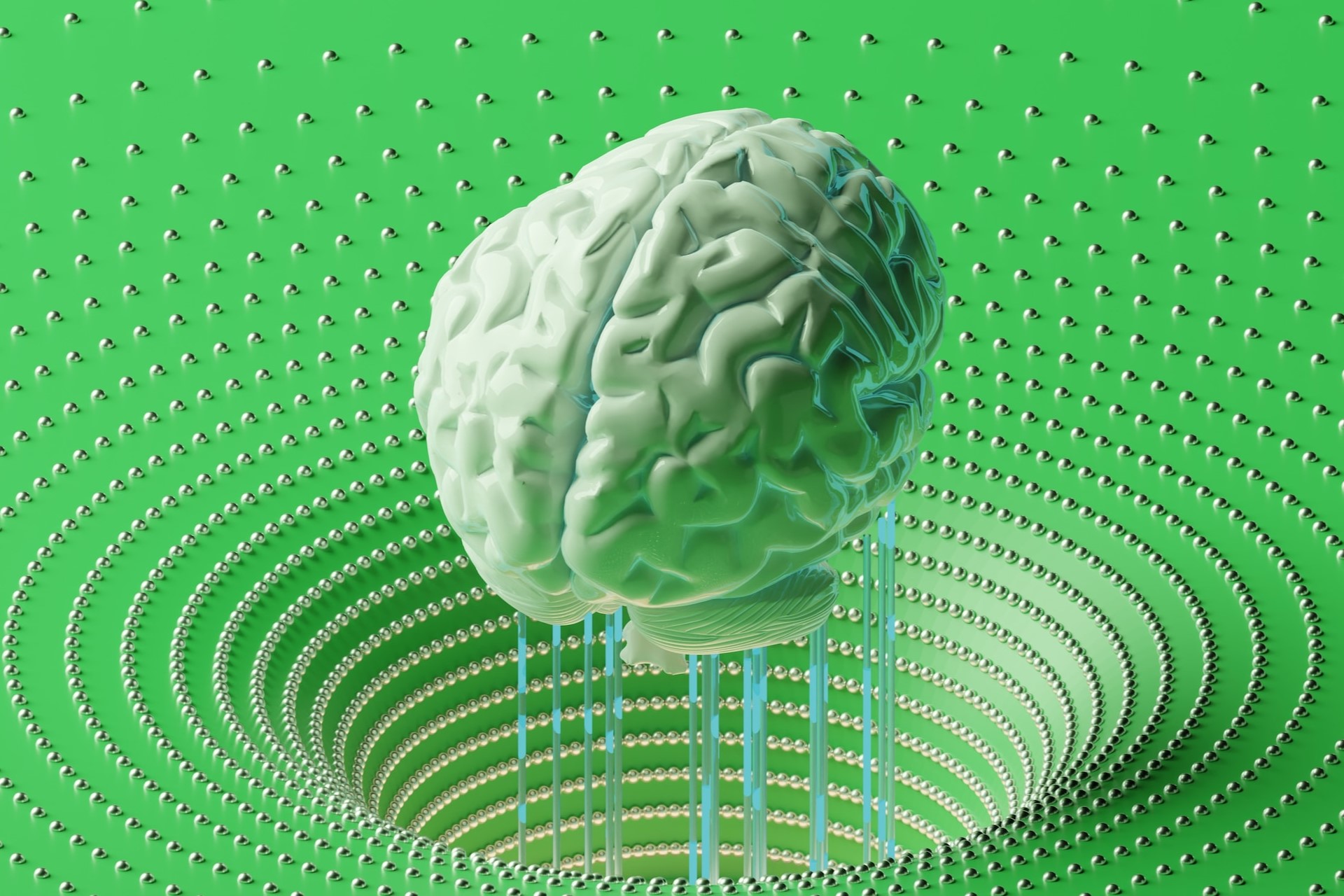You’ve probably heard how big data solutions can assist marketers with improving their campaigns or helps business leaders make more informed decisions. It can certainly do those things, but big data also offers the abundant potential for solving some of the problems that today’s society faces. Here are some compelling examples.
1. Helping the Environment
Scientists warn there’s no time to waste in combatting climate change. It’s a massive problem, indeed, but the good news is that everyone can play a part in solving it. Many people and organizations are already using big data solutions to tackle climate change, and that trend will likely continue for the foreseeable future.
You can think of big data as a way of working with vast quantities of information. Specialized platforms can look for trends that data analysts may miss without high-tech help. Plus, big data platforms can often generate results in minutes rather than days or hours. These characteristics should make it clear why people are getting interested in using big data to protect the planet.
For example, connected sensors can help enterprises determine how to cut carbon emissions. Similarly, consumer-based gadgets can help people save energy and keep track of their usage. Promising options also exist for depending on big data to forecast how much renewable energy reaches the grid. Taking that approach could make renewable energy more appealing to investors and consumers alike.
2. Conquering Homelessness
One of the difficult realities of homelessness is that it can happen to anyone. Unexpected circumstances can plunge a person into a precarious situation even if they recently enjoyed relative stability. A University of Essex researcher is working with big data to predict homelessness before it happens. More specifically, it can determine which individual households may need additional support to stop homelessness from happening.
Also, officials in Los Angeles grew frustrated with their current methods of tracking homelessness. They’re open to using big data solutions to get more accurate counts of homeless people. Then, once local authorities calculate a reliable quantity representing the number of homeless people, they could dig deeper to determine what factors contributed to losing one’s home and what kinds of assistance people need.
3. Fairer Election Procedures
When news broke about foreign interference in the U.S. elections, and people also got the word about how Cambridge Analytica harvested data from millions of users’ Facebook profiles without their knowledge, the public wondered if big data might permanently tarnish how elections function. The rise of big data has undoubtedly changed elections, but it could eventually make them fairer.
Eroded privacy is of the top concerns people have about big data platforms and election or voter information. They wonder if candidates’ social media teams will screen what they do online and send them correspondences that match some of those activities. Political experts use such data regularly, especially to create voter profiles and predict a politician’s likelihood of emerging victorious.
However, we might soon see a time where big data solutions include those that make elections more democratic and less accessible to parties that may try to illegally influence the results. For example, many big data platforms can spot anomalies, which may mean they alert election officials to unusual characteristics in the data and cause them to investigate further.
You’ve also probably heard the scary reports about how easy it is to hack into some voting machines. No universal approach exists for the necessary election cybersecurity strategies. However, big data platforms might monitor network traffic for a connected voting machine, then provide notifications of unauthorized activity. Combining big data with artificial intelligence (AI) could lead to even better results.
4. Improving Public Health
Preventative medicine is crucial for helping a person enjoy good health. But, many individuals only go to the doctor once they’re experiencing symptoms. By that time, a disease could be wreaking havoc in the body, making it harder for physicians to treat patients’ ailments.
A research team at Stanford University recently used big data to build a health baseline for more than 100 participants. They then identified more than 65 issues that clinicians could assist patients with, such as high blood pressure or heart arrhythmias. The goal was to create a sort of “health picture” of a person, then use big data to track how it changed. Having such continually updated information could enable medical professionals to intervene faster.
5. Encouraging Policymakers to Fight Pollution
Researchers know that air pollution causes or exacerbates health problems, leads to lost income and more. Some lawmakers and others in positions of authority nevertheless seem reluctant to do anything concrete to mandate positive changes. Several organizations are working together to create trustworthy pollution data that a person could pull up for any time and place.
The hope is that making the information accessible will emphasize that pollution is a significant issue that needs addressing now — not later. The people working on this project also said their open-access big data platform would let legislators pinpoint the most significant sources of pollution in their areas.
Promising Big Data Solutions
Big data alone cannot fix society’s problems. But, as this list shows, it could play an instrumental part in stimulating meaningful progress.
Recent Stories
Follow Us On
Get the latest tech stories and news in seconds!
Sign up for our newsletter below to receive updates about technology trends














